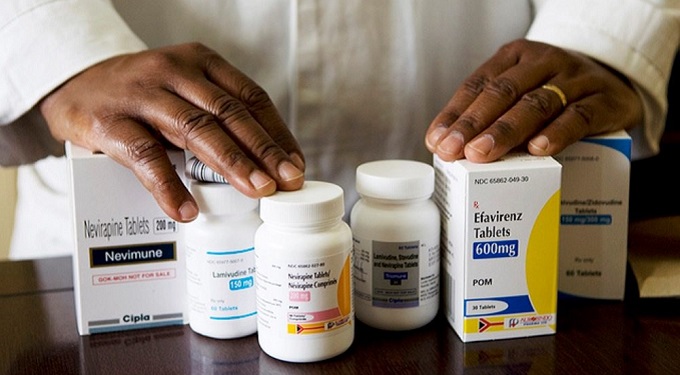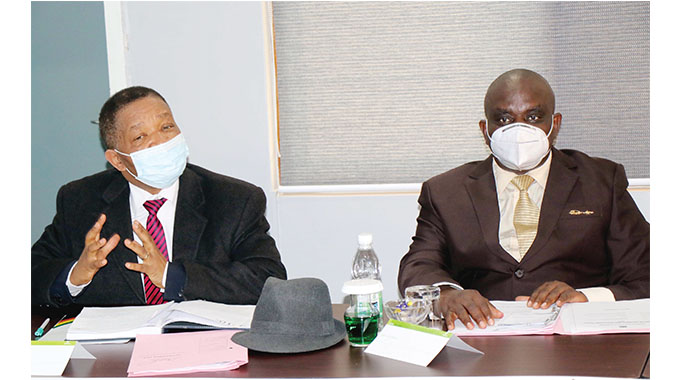Women’s Coalition calls for integration of sexual and gender-based violence prevention measures at quarantine centres
Thandeka Moyo-Ndlovu, Health Reporter
THE Women’s Coalition of Zimbabwe has called for the integration of sexual and gender-based violence prevention and response initiatives into Covid-19 quarantine centres, whose population is dominated by women.
As of Wednesday, the country had recorded 530 Covid-19 cases with 123 recoveries ever since the outbreak of the global pandemic on March 20.
Most of the Covid-19 positive cases recorded in the country involve people returning mostly from neighbouring countries, especially South Africa, Botswana and Mozambique.
These are housed in identified quarantine centres for at least 21 days before they can go to their communities.
So far, about 1 400 returning citizens and residents have been released from quarantine centres after being found free of infection.
Quarantine management statistics released by the Ministry of Health and Childcare show that there are 2 019 quarantined persons nationwide.
Of these 1025 are women, 858 are men and 136 are children.
In a situational report yesterday, WCoZ which represents a number of gender civic organizations and partners said gendered response in quarantine and isolation centres was needed as matter of urgency.
“It is important to note that women constitute the highest percentage of the quarantined persons. This opens up reflections on gender-specific issues such as sexual abuse, violence and hygiene. It further calls for gendered responsiveness and preparedness within the centres, in order to ensure security and safeguarding of women and children, who are the most vulnerable sections of the population,” read a statement from the WCoZ.
“We reiterate our recommendation on accelerated safeguarding measures within the centres through the integration of Sexual and Gender Based Violence prevention and response initiatives into the Quarantine Centres Management, including training of staff on how to properly service different genders.”
WCoZ also recommended an establishment of protection guidelines and dissemination of information in the 14 national languages, on sexual and gender-based violence within the centres.
“We note the roll-out of the radio lessons program. While commending this move as critical in ensuring that pupils do not lag behind, we reiterate the need to ensure that the system is inclusive, and does not exacerbate inequalities by marginalising rural pupils and those with disabilities.”
On radio lessons, Permanent Secretary in the Ministry of Information, Publicity and Broadcasting Services Mr Nick Mangwana said Government is rolling out the programme as part of narrowing the gap between the rich and the poor in terms of access to education, particularly targeting poor children in the rural areas who have no access to technology and money to buy data bundles.
WCoZ added that plight of the girl-child and extending burden of unpaid care-work in light of COVID-19 should be addressed.to unequal opportunities amongst pupils;
“We further recommend that the Ministry of Primary and Secondary Education continuously collect disaggregated data and update the Nation on pupils’ access and attendance to the radio lessons. The data collected should be gender disaggregated, in order to ensure that girls attend the lessons, and are not consumed with the burden of unpaid care work, within the household.,” read the statement.
@thamamoe










Comments